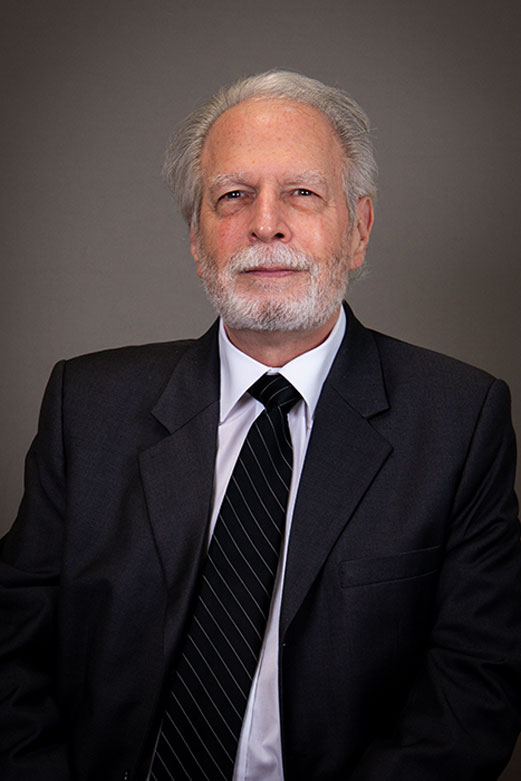Michael C. Mahaney, PhD

Title(s): Professor
Unit(s):
South Texas Diabetes and Obesity Institute, Research Faculty, Primary and Community Care, Human Genetics
Contact Info
BROBL 107 (Brownsville)
956-882-7492
View Curriculum Vitae
View Research Profile